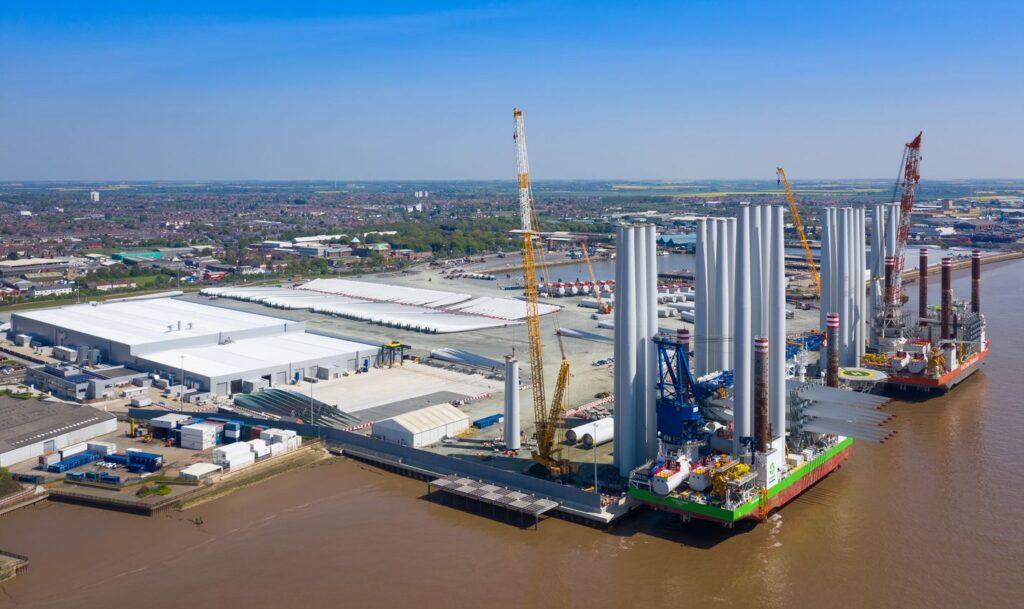At the World Leaders Summit during COP29 in Baku, Azerbaijan, UK Prime Minister Keir Starmer introduced a new plan to encourage offshore wind investments in the UK’s industrial, coastal, and oil and gas regions.
The government described the Clean Industry Bonus as a temporary incentive, offering GBP 27 million per GW of offshore wind projects, with potential funding reaching GBP 200 million if 7 to 8 GW of projects apply.
The bonus aims to foster cleaner energy industries in the UK and internationally, rewarding investment in cleaner suppliers to address the climate crisis. It is expected to attract private investments in Scotland, Wales, the North East, and North West, supporting the production of sustainable offshore wind components and reducing emissions.
“By acting decisively, the UK can lead future industries, partnering with businesses to secure energy, cut bills, and build jobs,” said Prime Minister Keir Starmer. “At COP, I will work with other nations to accelerate the global clean transition.”
The UK government has taken steps towards its clean power by 2030 mission, including launching Great British Energy this year.
In support of British manufacturing, ScottishPower awarded a GBP 1 billion turbine contract for its East Anglia Two offshore wind farm to Siemens Gamesa, featuring blade production at its Hull facility. This is expected to boost the industrial heartlands, with Siemens Gamesa planning to employ over 1,300 people in Humberside.
This investment mirrors commitments from the recent International Investment Summit, where Iberdrola, through ScottishPower, announced an increase in its UK investment from GBP 12 billion to GBP 24 billion over four years.
Follow offshoreWIND.biz on:
Original Story at www.offshorewind.biz
